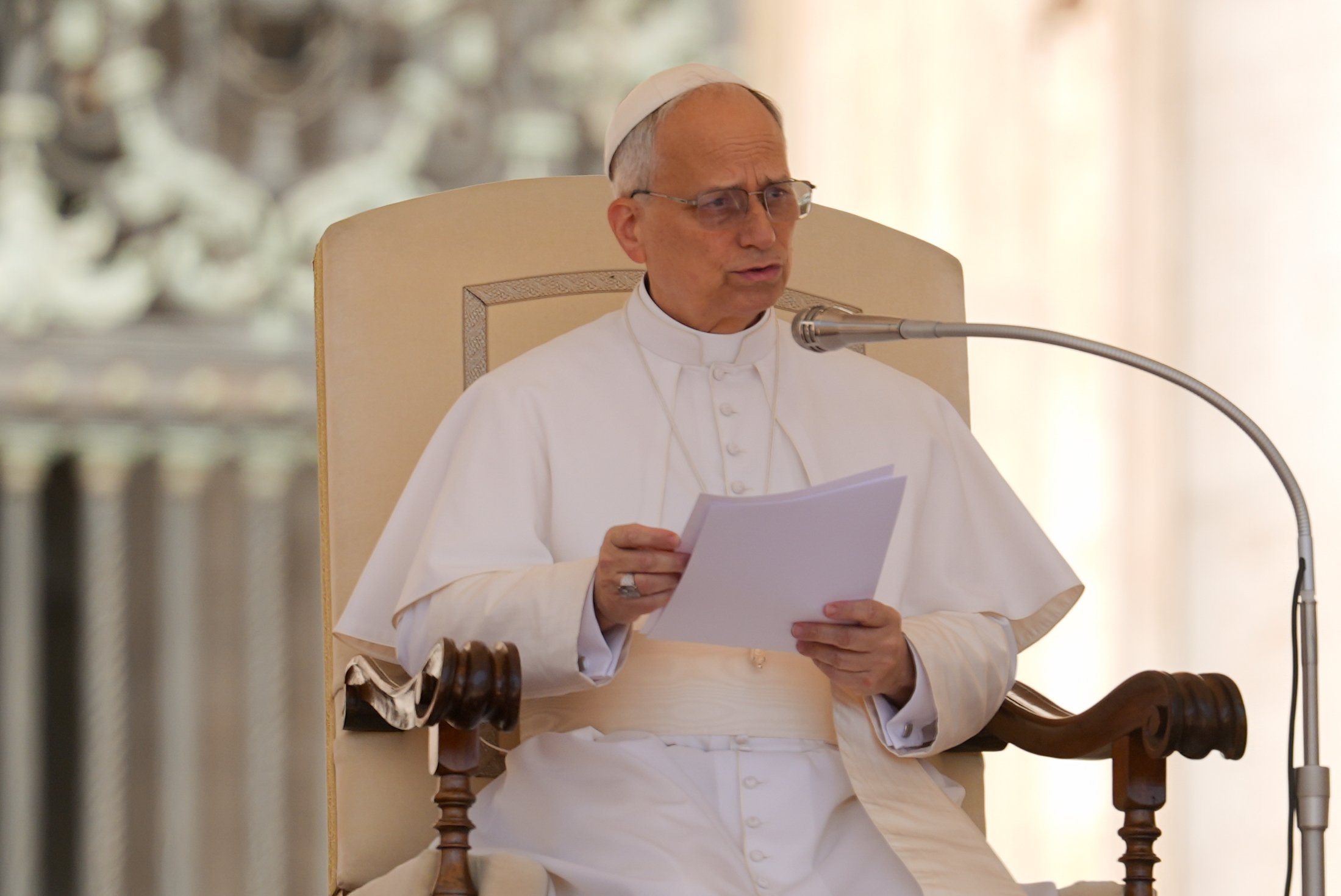April 6, 2018 at 1:53 p.m.
PERSPECTIVE
The Easter choice
I presented real and imagined scenarios involving the treatment and burial, or disposal, of corpses. These included embalming and displaying corpses for entertainment, as in the popular "Body Worlds" exhibit, or shooting cremated remains off in fireworks or encasing these in a bowling ball.
Opinions varied, especially on the exhibit, which features 200 bodies that have been "plastinated" and arranged in various postures. It seemed a clear violation of the universal instinct, and Catholic teaching, to treat every dead body with respect.
Naturally, some of the students disagreed. One said the exhibit, which included fetuses in various stages of development, conveyed a strong anti-abortion message. Several said that if the deceased agreed, ahead of time, to such use of their corpse, that would clear the moral standard. Amid these comments was sprinkled the now-universal refrain: "If that's what the person wanted or if that's how they felt, then it's OK."
One cannot blame the young. In emphasizing individual conscience and personal freedom, we often overshoot the mark and neglect the need to form consciences and to check freedom against God's will. Non-judgmentalism is a now social absolute; one that's hard to bat down in a 45-minute class.
Frustrated, I acknowledged their opinions and said that the Church does expect its members to think and judge. In cases of disagreement, I suggested they consider that they may be wrong and study Church teachings to see why. And if their disagreements with the Church pile up, I suggested they ask themselves if they belonged in another religion.
That may not be the usual lesson in Sunday school, but it certainly grabbed their attention.
There are benefits to telling youths at a certain age, "It's your decision." We do that in confirmation, especially now that most in this Diocese receive this sacrament at age 16 or 17 rather than years earlier as previously.
A teenager who hesitates or declines to proceed with confirmation can frustrate or disappoint a parent. But the Church is not looking for automatons, either at that age or later. Thrusting the responsibility of choice in faith upon a teenager announces that it's time to grow up and make some decisions.
The adults among us may tend to forget that our faith requires a daily decision to follow God. Each of us may have chosen, as the moral theologians frame it, a "fundamental option" for God. But keeping to that orientation involves many small decisions toward, or away from, God. As C.S. Lewis once put it, there are those who say to God, "Thy will be done," and those to whom God ultimately says, "Thy will be done."
At Easter we choose our faith anew. The entire Lenten season and Holy Week brings us to a state of readiness. Each week, Sunday is a "little Easter" that reminds us of the miracle and emboldens our choice.
Our belief in Jesus Christ's Resurrection is not mandated by physical evidence but by the faith of the Church and the action of God in our hearts and souls. We have only the empty tomb and the accounts of the Risen Lord.
Moved by the Spirit, we choose again and grow up a little more.[[In-content Ad]]
MORE NEWS STORIES
VIDEOS
SOCIAL MEDIA
OSV NEWS
- Washington Roundup: Breakdown of Trump-Musk relationship, wrongly deported man returned
- National Eucharistic Pilgrimage protests, Wisconsin Catholic Charities, Uganda terrorists thwarted | Week in Review
- Traditional Pentecost pilgrimage comes in middle of heated TLM discussion in French church
- Report: Abuse allegations and costs down, but complacency a threat
- Expectant mom seeking political asylum in US urges protection of birthright citizenship
- Living Pentecost
- The Acts of the Apostles and ‘The Amazing Race’
- Movie Review: Final Destination Bloodlines
- Movie Review: The Ritual
- NJ diocese hopes proposed law will resolve religious worker visa problems










Comments:
You must login to comment.